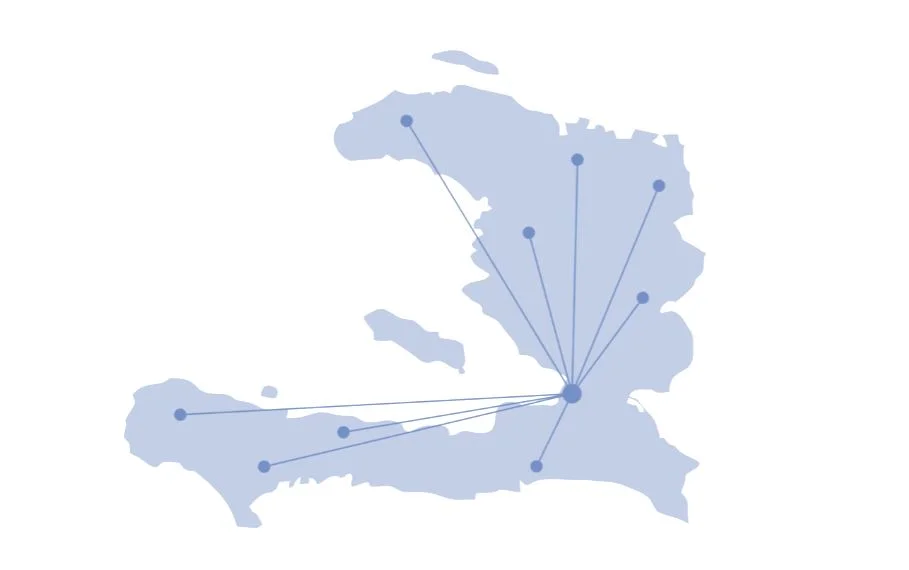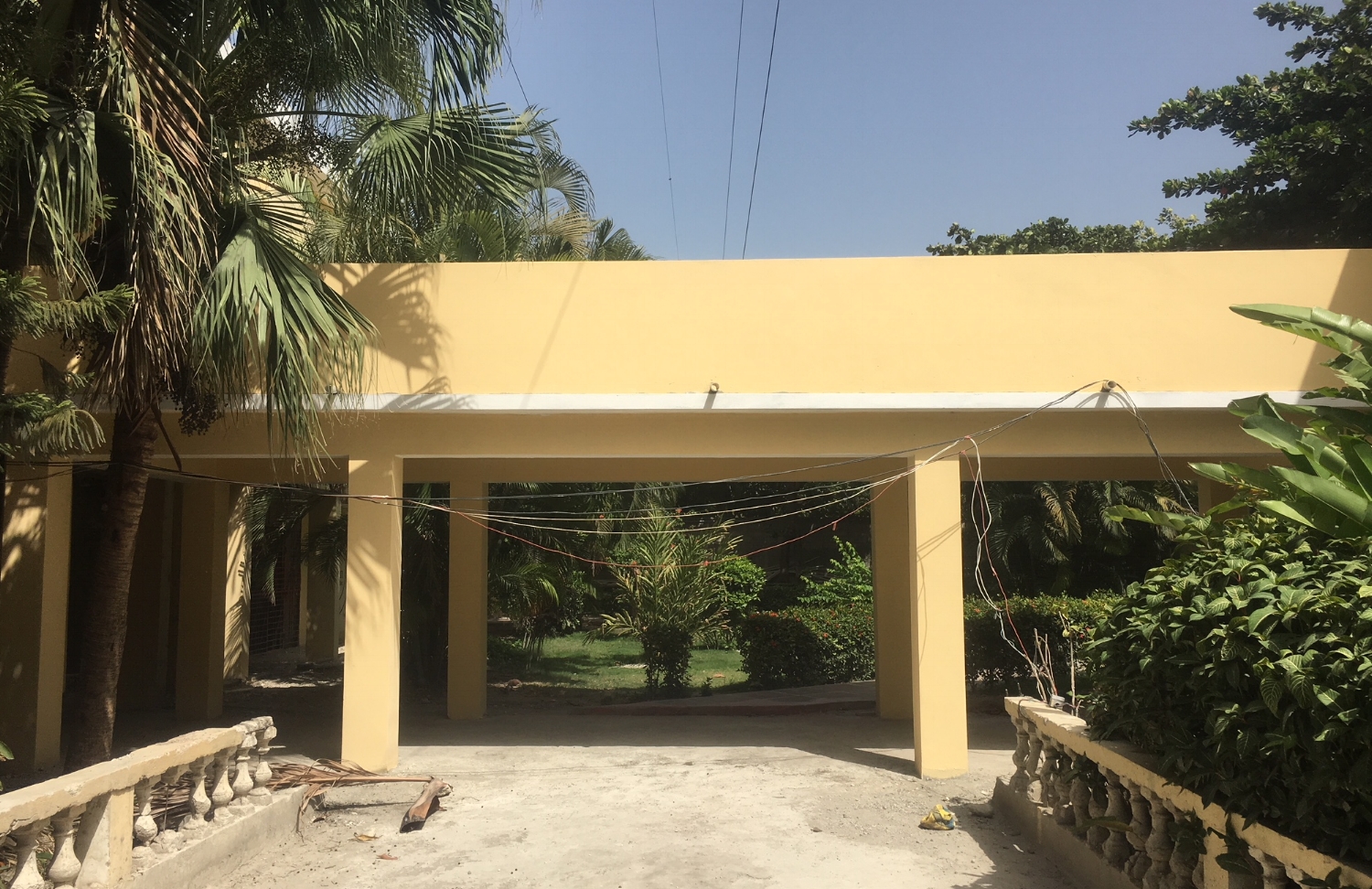This week marks the opening of the thirty-first academic year at Louverture Cleary School and The Haitian Project (THP) has a very special way to honor it!
Introducing the Louverture Cleary Schools Network: a national network of tuition-free, Catholic, co-educational boarding schools throughout Haiti.
THP is embarking on an ambitious plan to develop a national network of 10 schools, one in each governmental department in Haiti, in order to provide 3,600 students with a Louverture Cleary education and support 1,200 alumni with scholarships to Haitian universities each year.
The move from one Louverture Cleary to the Louverture Cleary Schools Network will be a game-changer for Haiti—a big step forward in developing the human capital necessary for the nation to emerge out of centuries of poverty and chaos. It could also be a game-changer for the way people look at helping others—finally tipping the philanthropic scales towards education and empowerment.
To launch the Network in a big way, THP has released a powerful new video—Education Works—to help spread the message like a wildfire of reason to a world with far too many burnt-out ideas on how to “solve” poverty.
Once a vision for THP, the Network is now a detailed and strategic marching order for the future—something new for THP, but not for the world. THP President Deacon Patrick Moynihan explains in a recent press release:
The reason we are so confident in the positive multiplier of education is not just because of our own mission’s success, but because of the Church’s long history providing education to immigrants, marginalized and disadvantaged people around the world. Catholic education has been extremely successful helping immigrants escape ghettos in the U.S. and around the world.
The Network plan is big. It’s bold. And we invite you to come along. Here’s how:
Join: Get yourself, your parish, school, or organization involved.
Support: Please consider financially supporting our work to create the LCS Network with a one-time or ongoing donation.
Rejoice: Together, let’s celebrate this moment! By your own support of THP, you have shaped a future of more LCS education and more opportunities for our graduates, their families, and their country. Don’t keep it a secret! The world loves good news! Share with your family, friends, neighbors, and colleagues that Education Works! Please share this post using the "share" button below. Thank you!
But, before you share, consider these words from THP Board Vice Chair Patrick B., a proud Haitian national, business leader, and catalyst for the flourishing of his country:
Haiti knows well that the way to build an organized and prosperous nation is through education. As a witness to the success of Louverture Cleary Schools for the past two decades, I have no hesitation about which road to choose for our future. The Louverture Cleary Schools Network will give new life to a country ready and eager to evolve. Today’s Louverturians have shown, through their leadership and accountability, what the Haitian citizen of tomorrow can be. The Network is more than hope. It is the technology by which Haiti will build itself into a strong nation!













